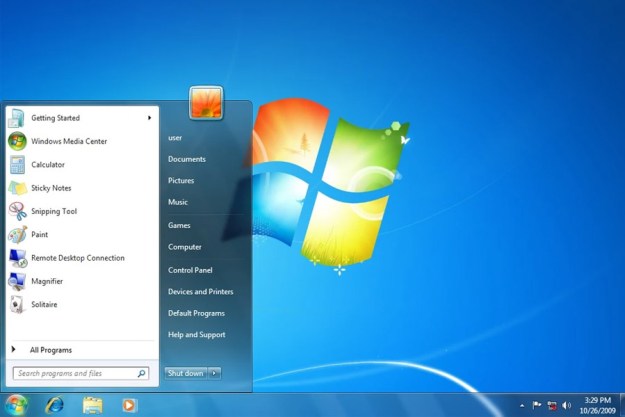
In an effort to avoid customer confusion caused by hardware disparities and fragmentation, Microsoft is is apparently asking chipmakers and hardware developers for forthcoming Windows 8 tablets to form one-on-one relationships, wherein chipmakers will supply one and only one tablet maker. Although Microsoft isn’t making these relationships mandatory—that would set off antitrust flags around the world—the company is offering unspecified incentives to tablet developers who decide to toe the Redmond party line. The new policy is rubbing some of Microsoft’s long-time OEM partners the wrong way, with Acer chairman and CEO J.T. Wang describing the restrictions as “troublesome,” according to Bloomberg.
Although the Windows PC world has historically been marked by a broad array of products from diverse manufacturers—some great, some not-so-much—Microsoft seems to be trying to exert more control over the design and capabilities of forthcoming Windows 8 tablets, most likely to ensure a certain basic level of capabilities and features. The strategy parallel’s Microsoft’s efforts with Windows Phone, which imposed a rather tight list of hardware restrictions on phone manufacturers who want to use the platform. The restrictions are, in turn, likely a response to Apple’s competitive success in the marketplace: Apple works hard to avoid customer confusion by offering only a very limited number of products at any time…and it seems to have been paying off. Reducing the number of chipset and manufacturer combinations may also help Microsoft get Windows 8 tablet devices to market faster.
Under Microsoft’s Windows 8 tablet plan, chip suppliers are being encouraged to work with one and only one device manufacturer for a tablet-style Windows 8 system, with the possibility of being able to select a second company to work with on a clamshell-style Windows 8 system in the future. Although benefits to signing up with the program haven’t been broken down, industry reports in Bloomberg and elsewhere claim Microsoft is offering participants enhanced feature capabilities and lower prices on Microsoft software.
DigiTimes claims Microsoft’s Windows 8 tablet development program is leaving Taiwanese device makers out in the cold, with Acer, Asus, and HTC excluded in favor of Dell, Samsung, and Hewlett-Packard.
Microsoft is due to discuss WIndows 8 in more detail at Computex today, and it’s a safe bet Taiwanese device makers will be listening intently.
Editors' Recommendations
- Windows 11 tips and tricks: 8 hidden settings you need to try
- Microsoft may fix the most frustrating thing about Windows updates
- How to remove a Microsoft account from Windows 11
- Microsoft plans to charge for Windows 10 updates in the future
- I hope Microsoft adds this rumored AI feature to Windows 11


